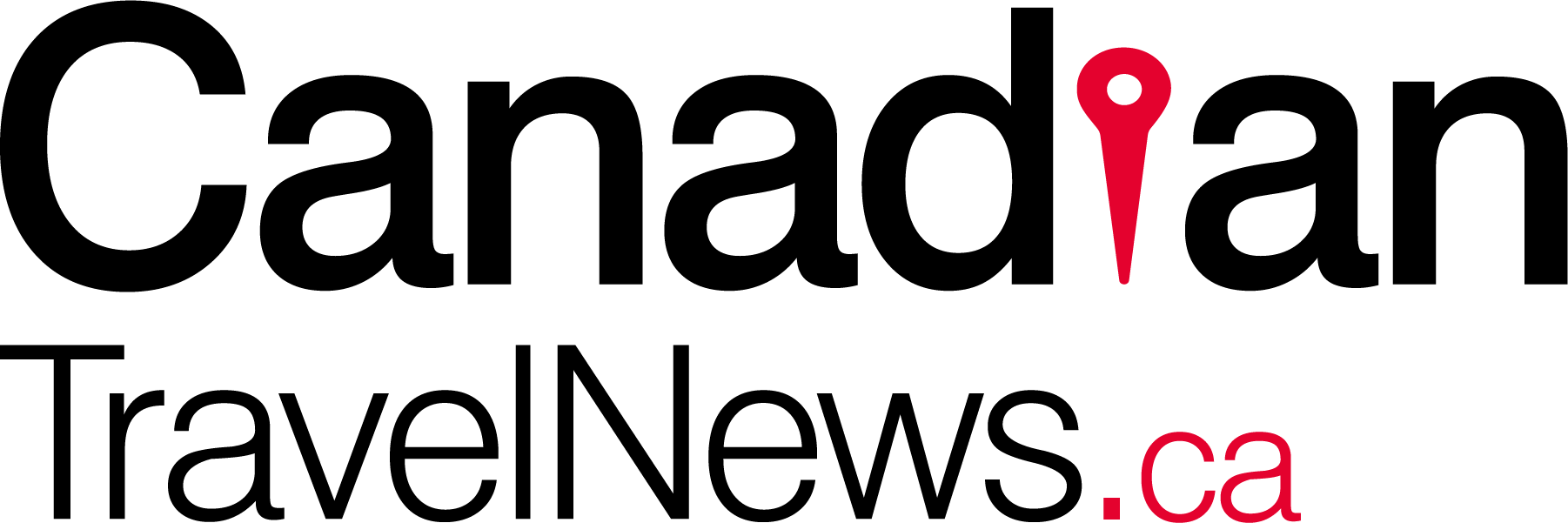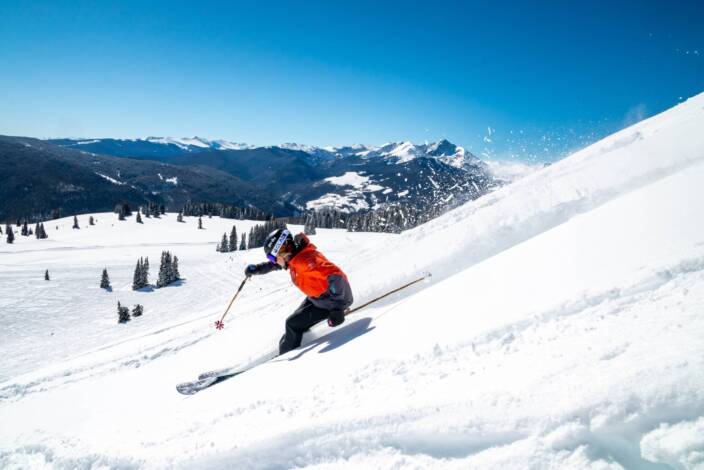
Travel Shaming: The New, Not Cool, Trend
March 5, 2021 Marsha Mowers
Talking about travel used to be fun.
Working in the industry meant colleagues weren’t just the ones sitting next to each other in an office, but they were around the world; the tourism board rep in Paris, the GM of a hotel in the Caribbean and sometimes even the flight attendants who recognized you as a regular.
Planning trips with family and friends was exciting.
But, since the beginning of the pandemic, the travel industry and travellers in particular, have taken a hit as a big cause of COVID spread. Understandable at first, perhaps, but one year later the numbers still show travel as a very minor cause of overall spread.
Canada’s own pilot testing projects in Calgary and Toronto found 99% of travelers were COVID negative.
The travel industry is arguably the most regulated in terms of protocols. For nearly a year, cleaning protocols have rivalled that of hospitals. A standardized system of protection was created by the World Travel and Tourism Council and now includes more than 250 destinations around the world.
In addition to these safety measures, Canada now requires a negative PCR test for anyone who wants to enter, another one done on arrival and a third performed on day 10 in quarantine. It’s hard to imagine there’s another industry that’s as safe.
And yet, there is a large portion of Canadian society that does debate the issue and that engages in travel shaming. It’s so prevalent, that CNN listed “travel shaming” as a real “plague” and a “trend for 2020.”
It somehow became acceptable to judge one another for travelling.
Is Canada is becoming a nation of “Karens?” (pop culture’s term for someone who puts their nose into other people’s business and offers an unwanted personal opinion).
Snowbirds in particular, have received backlash. In a Global News Ipsos February 2021 poll, just 31 per cent of Canadians agreed the new rules should be supportive of travel to second homes or longer-term rentals in places like Florida, Arizona and Mexico, especially considering many were already out of the country at the time the rules took effect.
Ironically, Darrell Bricker, CEO of Ipsos says the people who are hardest on snowbirds are older Canadians, “Which suggests that they’re making different choices than the people that they’re seeing who are travelling south and taking on their usual snowbird lifestyle.
Or maybe there’s a few people who would like to be snowbirds who are upset that other people can do it.”
Those beefs air publicly on social media. There is no shortage of social media groups with anti-travel sentiments. (There are a lot of angry people out there in these groups folks). People who have been treated poorly in quarantine, somehow “deserve it because they travelled.” Canada’s own Health Minister Patty Hajdu even alluded to that herself when confronted by MP Michelle Rempel Garner about the sexual assaults happening during quarantine.
But quick scan of Facebook groups like “Canada Hotel Quarantine” reveals heartbreaking travel stories.
One is of a son who flew outside Canada after his father died, only for his mother to have a terrible accident while visiting, and who wants to avoid the hotel quarantine to instead take his mother home to recuperate.
Another is a woman who left the country months ago, suffering PTSD and anxiety, and is worried about spending three days alone in a hotel on her return. She is hoping the restrictions ease soon so she can come home comfortably.
There are also tales of people nearing the end of their life whose only wish is to see their loved ones a final time.
Not exactly the picture of sun-seeking travellers that seems to be the stereotype these days are they?
A 2017 report says only 60% of Canadians have a passport. That’s a big chunk of Canadians who don’t leave the country in regular times.
But just as we shouldn’t judge the reasons why people don’t travel, we shouldn’t place judgment on those who do.
And perhaps we all could, as the late great Otis Redding said, “try a little tenderness” these days towards travellers.
About the Author

Marsha Mowers made the move to editorial side of travel after many years working in destination marketing where she represented places such as NYC and Las Vegas. Her experience on “both sides” of the industry has put her in a unique position to provide valuable context to both readers and trade partners. Marsha also serves as Director of Content for TravelPulse Canada



















Thanks…just let us come home to quarantine in peace. Changing the rules after we left is totally unfair.
I couldn’t have put it better
I’m a snow bird in Florida . I suffer from arthritis and here in a warm place helps me get through the cold winters in Canada
Isn’t that essential travel ?
Shirley Jack
[…] shaming is an unfortunate new lexicon in our vocabularies and as per an earlier article, really needs to […]
Interesting article which raises some good points, though I object to use of the term Karen to describe those with travel shaming attitudes. Yes, the name has become a pop culture term for a judgemental, entitled woman, but I find it unfair to women named Karen who are nothing like that. Yet are tarred with the same brush. Why is that okay?
Thank you for this .. made me feel better
[…] Politicians shamed Canadians who chose to travel whether it was early in the pandemic (before any travel restrictions were in place), or later when tourism-related businesses advertised cheap domestic flights and trips. […]
[…] travelling — many likely thought they will be judged for putting others at risk. Politicians shamed Canadians who chose to travel whether it was early in the pandemic (before any travel restrictions were in place), or later when […]